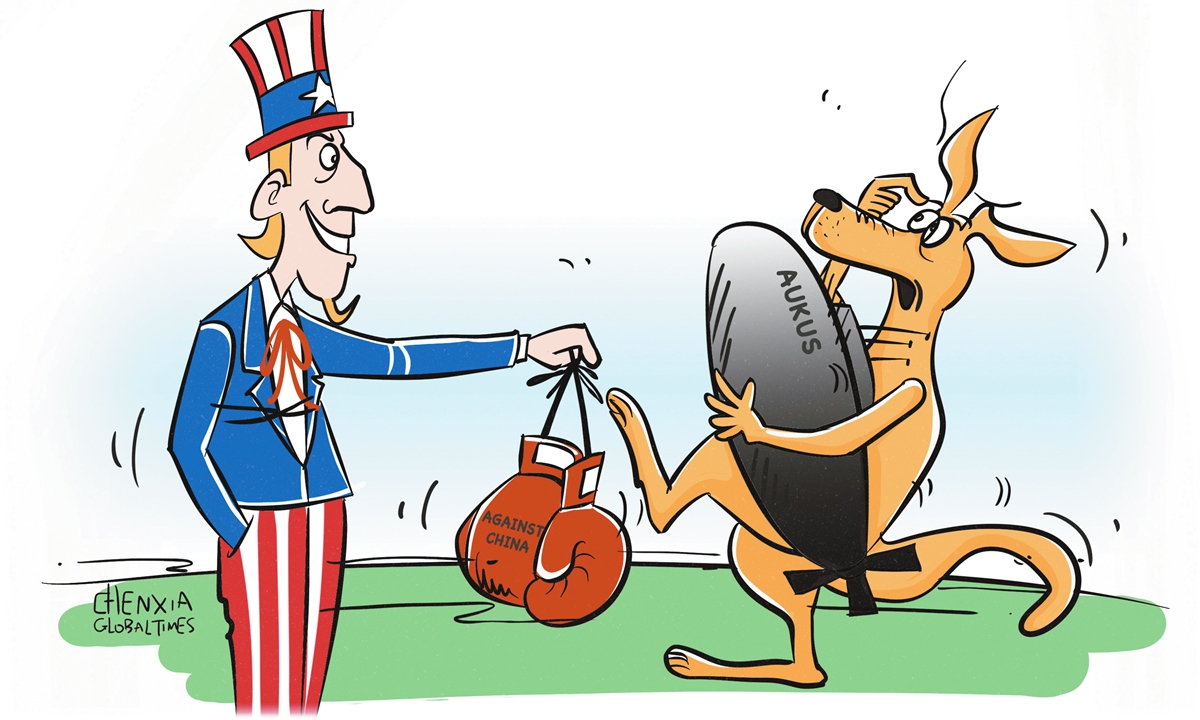10/1/2022–|Last update: 10/1/202204:43 AM (Mecca)
Yesterday evening, the members of the new Iraqi parliament elected Muhammad al-Halbousi as speaker, and chose Hakim al-Zamili and Shakhwan Abdullah as his two deputies, in a session marred by quarrels and chaos. They also set a two-week deadline for electing a new president.
Al-Halbousi – who heads the “Progress” coalition (a Sunni alliance) – won 200 votes, compared to 14 for his rival, Mahmoud al-Mashhadani, with 14 votes invalidated.
Regarding the two vice presidents, Al-Zamili – a leader in the Sadrist movement – received 182 votes (out of 329) compared to 34 for his rival Hamid Abbas Al-Shiblawy, while Shakhwan Abdullah – the representative of the Kurdistan Democratic Party – received 180 votes, compared to 33 for his rival Sarwa Abdul Wahed.
It has been a political custom since 2005 that the speaker of parliament is a Sunni Arab and has a Shiite and a Kurdish first deputy, while the prime minister is Shiite and the president of the country is Kurdish.
rejection of results
In his first statement after his re-election as Speaker of the Council, Al-Halbousi said that during the next 15 days the door for candidacy for the post of President of the country will be opened, provided that this period ends with the election of the new president. He added that a decision on the issue of the largest parliamentary bloc – which is tasked with forming the government – will be decided at a later time.
It is noteworthy that the parliamentary bloc of the Sadrist movement has submitted a request to the Speaker of Parliament, as it is the most numerous parliamentary bloc.
The forces of the coordination framework – which includes all the Iraqi Shiite political parties with the exception of the Sadrist movement – said that they do not recognize the outcomes of the election session for the speaker and his two deputies, and that they hold the political authorities responsible for the escalation in the first parliament session and all its repercussions.
The forces of the coordination framework added – in a statement – that what they described as “the slipping of matters into this retrenchment that has occurred” has become “alarming of grave danger.”
The aforementioned forces said that the parliament session took place in the absence of the age president, who is still committed to performing his duties, adding that its members registered at the beginning of the session that they are the most numerous parliamentary bloc in accordance with constitutional procedures, and pledged to address what they described as “irresponsible exclusivity in the political decision.”
chaos and quarrels
During the parliament session, verbal altercations erupted between deputies from the coordination framework and others from the Sadrist movement (the leader in the election results), after they submitted two requests to the session chairman to consider each of them the largest bloc in number.
The “coordinating framework” was the most prominent rejection of the results of the early parliamentary elections that were held on October 10, and considered them fraudulent, but appeals to the Electoral Commission and the Federal Court were rejected.
For his part, Mahmoud al-Mashhadani, who presided over the first parliament session as the eldest, said that he was subjected to an “assault” that caused him to fall into a temporary coma as a result of a blow he received to the head, which necessitated his transfer to hospital.
Al-Mashhadani added, in a statement after his release from the hospital, that the “attack” was caused by deputies of a parliamentary bloc that did not like the way he managed the session.
And earlier on Sunday, Al-Mashhadani adjourned the opening session, after altercations occurred between parliamentarians that led to chaos, before he was taken to hospital after suffering a health problem.
The official Al-Iraqiya channel said that Representative Amer Al-Fayez refused to take over the presidency of the session instead of Al-Mashhadani, and that MP Khaled Al-Daraji presided over the opening session after it resumed again.
Deputies of the Sadrist bloc entered the parliament hall wearing shrouds, while the representatives of the independent extension movement and the Kurdish New Generation arrived at the parliament building by tuk-tuk from Tahrir Square, the center of the demonstrations that the country has been witnessing for months.
According to the final results of the elections, the Sadrist bloc led by Muqtada al-Sadr won the largest number of parliamentary seats, with 73 seats in the 329-seat parliament.





